
The National Consumer Commission (NCC) has issued an urgent recall affecting several vehicle brands and models that were sold in South Africa. This action follows the identification of multiple technical defects in components such as airbags, axles, batteries, and seatbelts. This latest recall spans across thousands of vehicles currently on South African roads and has reignited concerns about long-term vehicle safety oversight.
Key Takeaways
- Widespread Recalls Across Major Brands: Several well-known automotive manufacturers, including Jeep, Mercedes-Benz, Audi, VW, and Volvo, have recalled vehicles sold in South Africa due to critical safety defects involving airbags, brakes, batteries, and seatbelts.
- Delayed Action on Long-Standing Defects: The recalls affect models manufactured as early as 2009, with some defects only becoming apparent after years of use, which has prompted the NCC to question delays in manufacturer response.
- Urgent Consumer Action Recommended: Vehicle owners are urged to immediately visit authorised dealerships for inspections and repairs, particularly as some issues relate to global safety failures such as the Takata airbag crisis and high-voltage battery faults.
About Arcadia Finance
Need a loan? Arcadia Finance makes it simple. No application fees, just a fast, hassle-free process. Choose from 19 trusted lenders, all regulated by South Africa’s National Credit Regulator, and find the best fit for your needs.
Faulty Vehicle Components Identified Across Multiple Brands
The recall centres on a variety of mechanical and safety-related problems, many of which pose a serious risk to driver and passenger safety. These include defective airbags that may deploy improperly, structural issues with axles, potential fire hazards related to batteries, and malfunctions in seatbelt mechanisms. Some of these issues could lead to catastrophic outcomes if left unaddressed, particularly in high-speed or emergency braking situations.
Brands Affected by the Vehicle Recall in South Africa
According to official information released by the NCC, the recall affects specific models from several well-known automotive brands. These include the Jeep Wrangler, Chrysler, Citroën, Mercedes-Benz, Audi, Volkswagen (including Polo and Polo Sedan variants), and Volvo. Only certain models manufactured within a specified date range are impacted. Together, these brands represent a significant share of the South African automotive market, meaning that the ripple effects of the recall will likely be felt across the entire sector.
Timeframe for Affected Vehicles: 2014 to 2016
The recall specifically targets vehicle models produced between the years 2014 and 2016. Vehicles from this period are at the highest risk of the identified defects, although in some cases, issues are emerging in cars manufactured more recently, particularly with regard to braking systems and battery performance. The NCC highlighted that some of the recalled models may still be in daily use by unaware consumers, increasing the urgency of public awareness campaigns.
For owners dealing with recall-related inconveniences, understanding your car repair options is vital. Know when you’re entitled to free manufacturer repairs and when it makes sense to pay out-of-pocket for quicker or more comprehensive solutions.

Regulatory Obligations and NCC’s Oversight Role
The NCC has confirmed that the recall process was initiated after they received formal notifications from suppliers. Under South African consumer protection regulations, suppliers are legally obligated to alert the Commission immediately upon identifying any defects in products that may pose harm to consumers. Failure to report these issues promptly could result in legal penalties or loss of operating licences, reinforcing the importance of transparency in the automotive industry.
When manufacturers or suppliers identify a safety-related problem in one of their vehicles, it is their legal duty to promptly inform the NCC. This ensures that the appropriate recall measures can be coordinated to safeguard consumers and prevent harm. The process also allows for greater traceability in the automotive supply chain, especially when foreign-made parts such as airbags or braking components are involved.
The Commission’s Priority: Public Safety and Compliance
The NCC has reiterated that its primary function in this process is to monitor and enforce the success of these recalls. The goal is to ensure that corrective measures are effectively implemented and that consumer wellbeing remains protected throughout. Officials have said that the Commission will not hesitate to escalate matters legally if any manufacturer fails to cooperate or delays compliance with recall procedures.
Concerns Raised Over Delayed Vehicle Recalls
Despite the recalls now being actioned, the Commission has expressed concern about the significant delay in identifying and addressing some of these safety issues. In some instances, recalls are being implemented more than a decade after the vehicles were first sold to the public. This has sparked widespread debate among consumer advocacy groups who argue that car owners deserve faster responses and stronger accountability from vehicle manufacturers.
To address the long time lapse, the NCC is arranging meetings with original equipment manufacturers (OEMs). The Commission seeks to understand why it has taken so long for safety issues to be acknowledged and rectified, and what internal processes need to be improved to avoid similar delays in the future. The outcomes of these discussions could influence future legislation aimed at tightening recall timelines and strengthening enforcement mechanisms.
Defects May Only Become Apparent Years After Use
It is acknowledged that certain faults only manifest themselves after prolonged usage, sometimes after 10 years or more of regular driving. Nevertheless, the NCC maintains that manufacturers are still accountable for vehicle safety, regardless of how much time has passed since the initial sale. Experts in automotive safety argue that late-stage defects highlight weaknesses in long-term product testing and post-market surveillance.
Manufacturer Liability Extends Beyond Warranty Periods
Manufacturers are expected to take full responsibility for their vehicles as long as those cars are in use, even if they are well beyond their original warranty period. Ensuring road safety should remain a top priority for all OEMs. This legal stance reinforces the principle that consumer safety cannot be time-barred, regardless of the vehicle’s age or ownership status.
Airbag Defect Possibly Tied to Global Takata Crisis
One of the most serious issues in this recall concerns potentially defective airbags, which may be linked to the globally notorious Takata airbag scandal. These airbags can deploy explosively, ejecting metal fragments and placing vehicle occupants at risk of severe injury or even death. This scandal has already led to over 100 million global recalls and several high-profile lawsuits, and South Africa is now among the affected regions.
Reference to Past Vehicle Recalls: Ford Kuga Incident
The NCC drew parallels to the high-profile recall of the Ford Kuga, which involved engine defects that led to vehicle fires and ultimately resulted in a substantial fine of R35 million for Ford South Africa. This case underlines the severe consequences of inadequate manufacturing controls. The Ford Kuga debacle remains one of the most damaging examples of automotive failure in the country’s history, and its legacy continues to influence how current recalls are handled.
Whether you’re replacing a recalled car or simply upgrading, navigating vehicle financing can be tricky. Learn how to choose the best way to finance a car, from dealership credit to bank-backed loans, so you can avoid costly mistakes and make a sound investment.

Consumers Urged to Act Quickly and Book Repairs
South African motorists whose vehicles fall within the affected categories are being urged to schedule inspections and repairs without delay. Owners should contact the relevant authorised dealerships immediately to arrange corrective action.
Delaying action could lead to worsening of the defects or even cause preventable accidents, according to officials familiar with the risk profiles of the recalled models.
Lack of Immediate Compensation, But Formal Complaints Encouraged
Although it is too early to discuss any compensation or potential refunds, the NCC is encouraging any consumers who no longer feel safe driving their vehicles to lodge a formal complaint. This will help strengthen the regulatory oversight and ensure appropriate accountability. These complaints can also form part of a broader investigation into whether manufacturers failed to act in a timely and responsible manner.
Detailed Breakdown of Recalled Vehicle Models and Defect Types
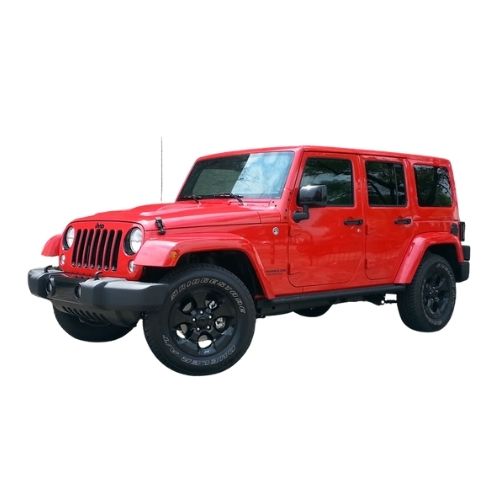
Jeep Wrangler and Chrysler 300c
Stellantis South Africa has informed the Commission that Jeep Wrangler and Chrysler 300c vehicles are being recalled due to a known fault in the Takata-manufactured airbags. In these models, there is a risk that the passenger-side airbag inflator could rupture under normal deployment due to excessive internal pressure. This defect poses a serious safety hazard, as the rupturing inflator may release metal fragments that could strike vehicle occupants and lead to critical injury or fatality. These cars were available for purchase between 2014 and 2016, and consumers are strongly advised to visit the nearest authorised Stellantis dealership for a full inspection and replacement of the affected airbag systems. This airbag flaw has been linked to multiple fatalities globally and is under criminal investigation in several jurisdictions.
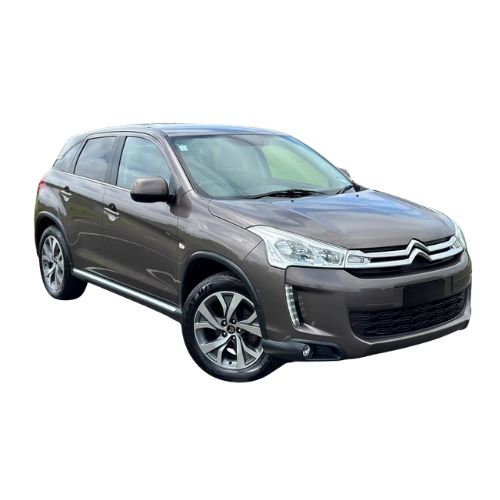
Citroën C4, DS4, and DS5
Also recalled by Stellantis South Africa are the Citroën C4, DS4, and DS5 models that were distributed from 2009 to 2016. These vehicles have been flagged for similar airbag-related issues, involving the rupture of both driver and passenger inflator components during deployment. This high-energy rupture can cause sharp metal fragments to be projected into the cabin space, placing all occupants at high risk. The vehicles must be submitted to authorised dealers to replace the defective airbag components. The extended date range on these recalls signals a larger systemic issue across the Stellantis supply chain.
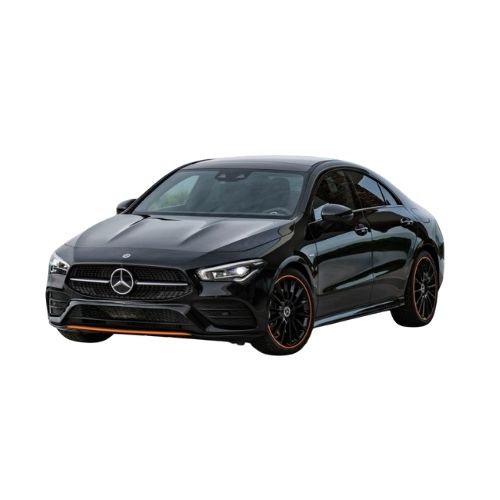
Mercedes-Benz CLA and S-Class Models
Mercedes-Benz South Africa has initiated a recall affecting certain CLA models on the 118 platform, owing to brake hose defects on the rear axle. The length of the brake hoses may be incorrect, leading to contact with surrounding components. Over time, this could cause the hoses to wear out and leak brake fluid. A similar recall affects the S-Class (series 223), where front axle brake hoses have shown a tendency to deteriorate under extended use in hot and humid climates. Leaking brake fluid in either case reduces braking power in one of the two circuits, significantly increasing the risk of a serious accident. These vehicles were manufactured between 2020 and 2023 and should be presented at authorised Mercedes-Benz workshops for immediate inspection and repair. Mercedes-Benz, known for its safety innovations, faces rare scrutiny over what appears to be a basic mechanical failure.
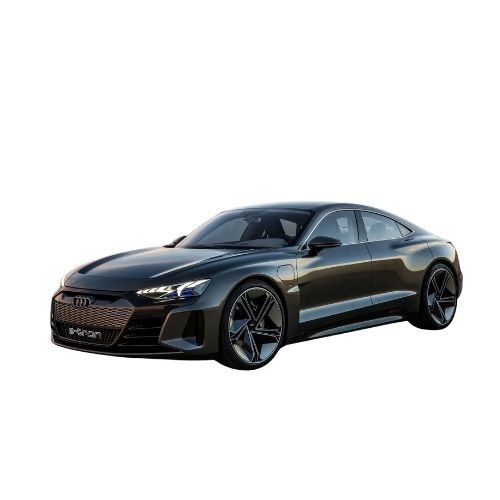
Audi e-tron GT
Audi South Africa has notified the NCC of a recall involving the Audi e-tron GT, which is affected by irregularities in the high-voltage battery’s cell modules. Technical faults in individual cells could result in the battery overheating, which introduces a fire risk. If the battery overheats, the risk of a thermal incident could cause fatal injuries and severe property damage. A total of 46 vehicles produced from 27 October 2021 onwards have been identified, and affected owners are instructed to submit their vehicles to any Audi South Africa-approved dealer to assess and replace the faulty battery modules. Given that these are flagship electric vehicles (EVs), the recall casts a shadow over the reliability of premium EV offerings in the country.
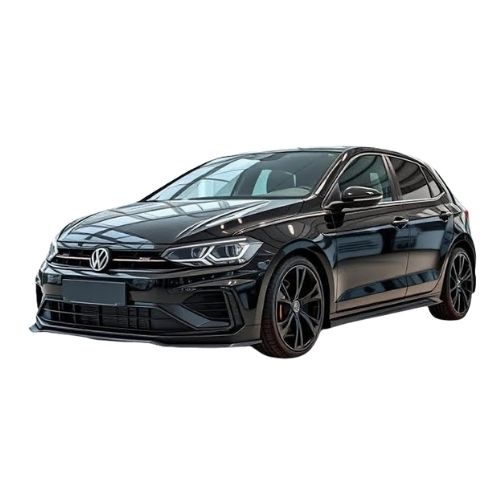
Volkswagen Polo Sedan
Volkswagen of South Africa Limited is recalling the VW Polo Sedan after discovering that the latch plates for the rear seat belts were manufactured with insufficient hardness. This defect means that, in the case of sudden deceleration or a crash, the rear seat belts may fail to provide adequate protection. A total of 905 vehicles have been affected, beginning with those released on 2 April 2025. Owners should contact an approved VW dealer to verify if their vehicle is part of the recall and to arrange for repairs if required. This fault could go unnoticed until a critical moment, making immediate testing essential for all affected units.
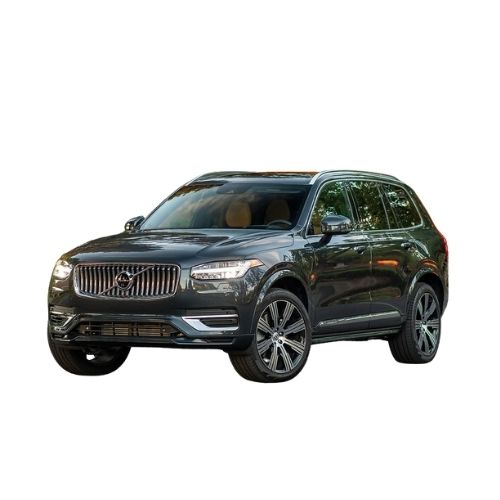
Volvo XC90
Lastly, Volvo Car South Africa has issued a recall for 27 units of the Volvo XC90 manufactured between 2020 and 2022. These vehicles may experience overheating in their high-voltage battery packs during full charging cycles. This risk of overheating could result in a thermal event, and affected vehicle owners are encouraged to make arrangements with their nearest authorised Volvo agents to inspect and replace any defective battery components without delay. Despite Volvo’s strong reputation for safety, this issue raises alarms about potential weaknesses in battery temperature regulation technologies.
Conclusion
The wide-reaching vehicle recalls issued by the NCC underscore growing concerns over the long-term safety of vehicles sold in South Africa. With over a decade passing before some defects were addressed, questions are being raised about manufacturer accountability and the effectiveness of post-market monitoring. While no compensation is currently on offer, affected motorists are strongly encouraged to prioritise safety by scheduling urgent checks and lodging complaints if necessary. This situation serves as a stark reminder that safety does not end at the point of sale; it must be upheld throughout the vehicle’s lifespan.
Fast, uncomplicated, and trustworthy loan comparisons
At Arcadia Finance, you can compare loan offers from multiple lenders with no obligation and free of charge. Get a clear overview of your options and choose the best deal for you.
Fill out our form today to easily compare interest rates from 19 banks and find the right loan for you.


